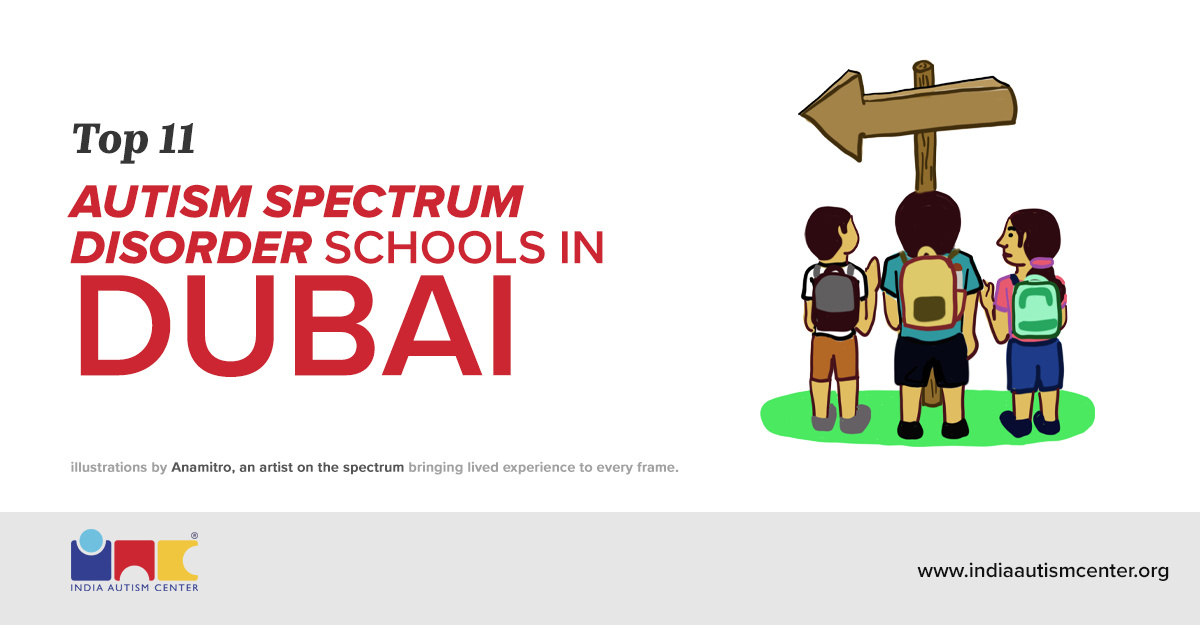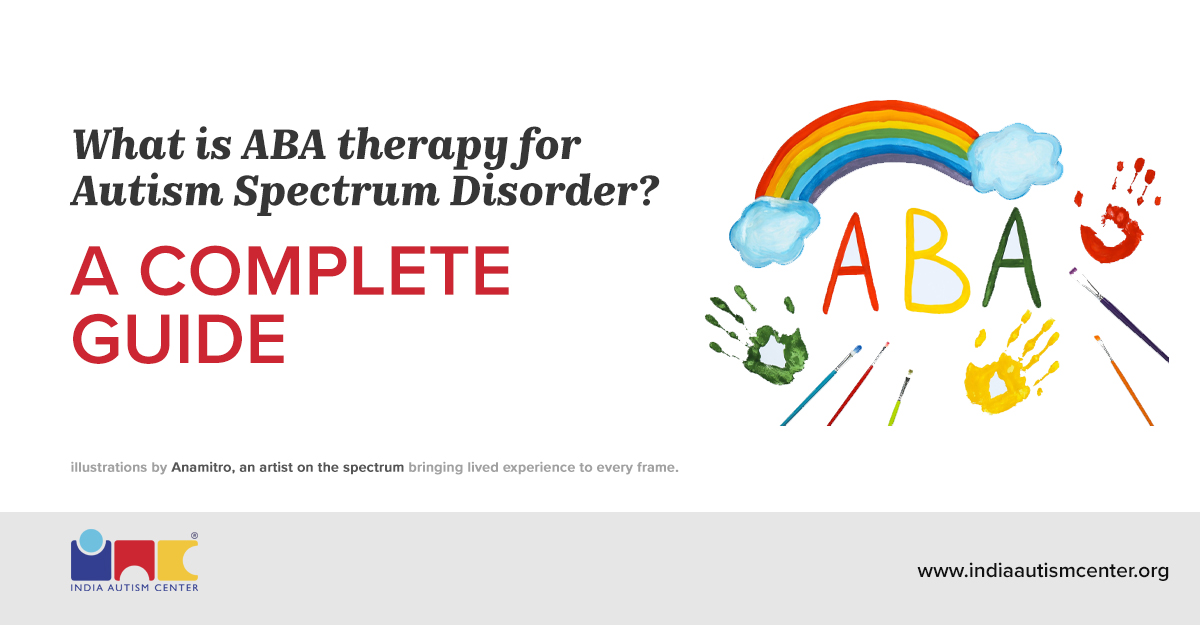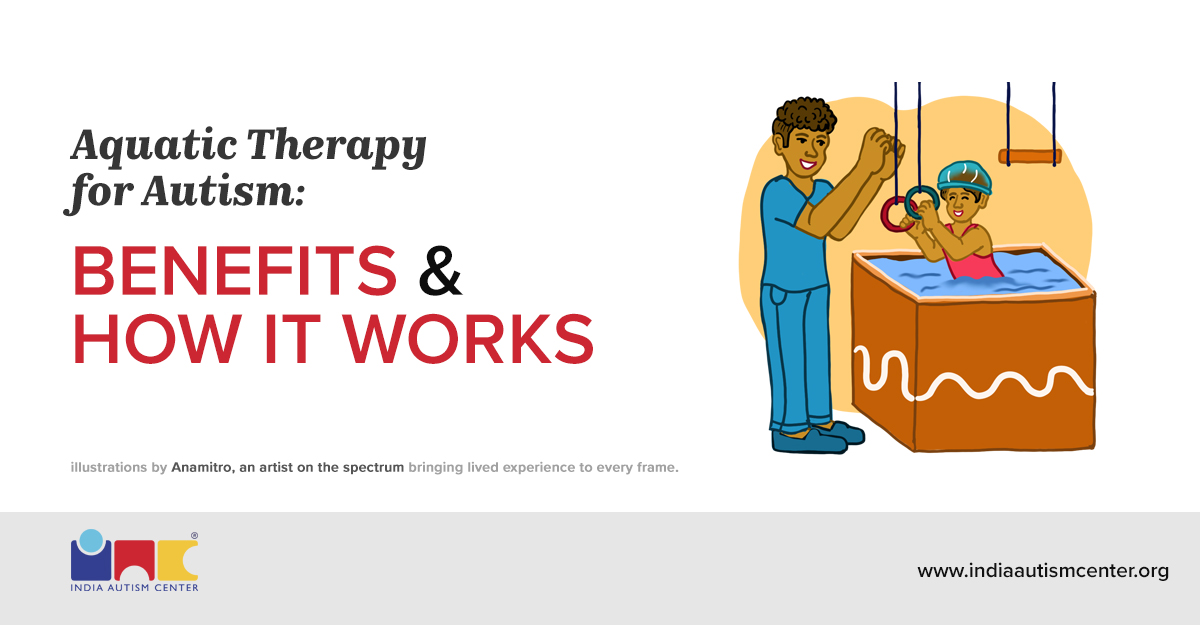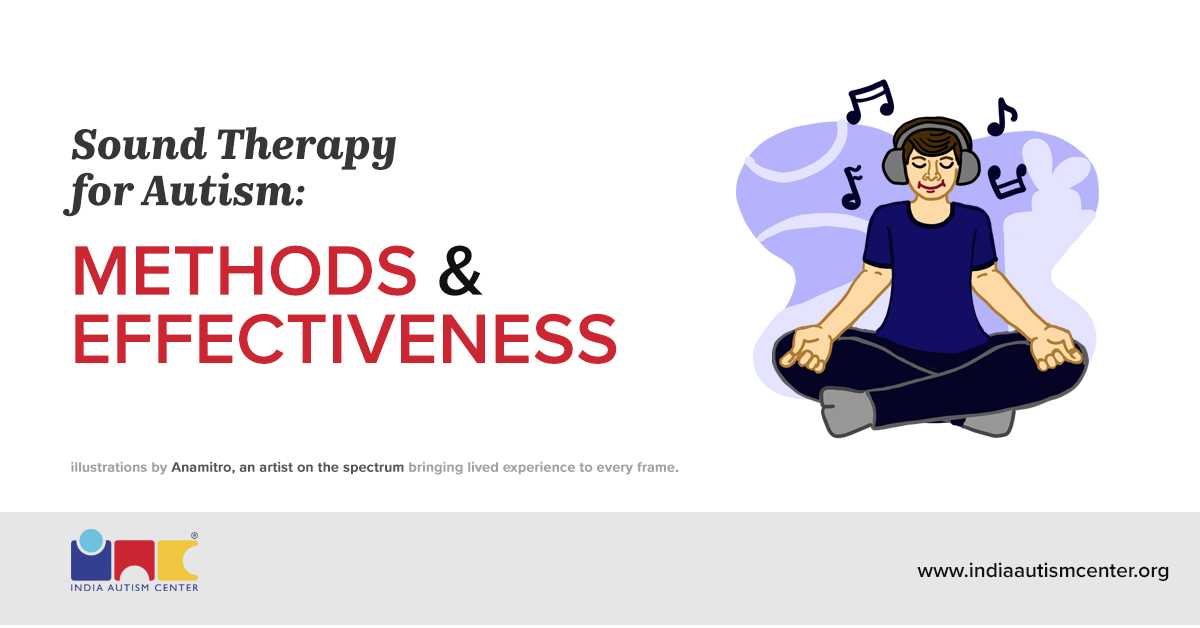Communication is an integral element of human bonds that helps shape relationships, connections, and overall quality of life. For adults, speech and language concerns can be frustrating and may act as a major impediment to forging genuine connections.
In this article, we at India Autism Center discuss the most relevant speech therapies for adults and how they can enhance communication skills and overcome traumas.
So, let us get started.
Role of Speech Therapy for Adults
Speaking therapy for adults aids individuals in improving their communication and cognitive performance. It helps boost attention, concentration, orientation, and word retrieval. An effective speech treatment entails cognitive brain exercises and compensatory strategies to enhance communication skills. Speech therapists use different types of speech therapies for corrective measures. Let us read about it.
Conditions Treated by Speech Therapy
- Speech Therapy for Stuttering: Stuttering is a condition that generally develops during childhood but, in certain cases, can develop in adulthood as well. Stammering treatment for adults involves behavioural modification techniques. A common technique used is to teach the adult to control the rate of speech. Practising slow speech in a more fluent and consistent manner is usually effective for stuttering.
- Speech Therapy for Aphasia: Aphasia is a condition that causes difficulty in speaking due to some damage to the brain. It includes difficulty in reading, writing, and listening. It is usually common in adults after a stroke. Several adult speech disorders require proper diagnosis for effective treatment plans and curative measures. Aphasia can be treated through drills to improve specific language skills, group therapy for conversational skills, and gestures to improve skills.
- Speech Therapy for Resonance Disorders: A resonance disorder gets triggered by a blockage or obstruction to the normal airflow of a person’s mouth as they talk. This disorder changes the vibrations used for speaking, leading to unclear speech. Cleft palate, swollen tonsils, and other conditions contribute to such disorders.
- Speech Disorders Treated through Speech Therapy:
- Apraxia: Individuals struggling with Apraxia have a hard time forming words. They generally experience trouble reading, writing, swallowing, and other motor skills.
- Articulation Disorders: It involves the inability of the person to produce certain word phonetics. They usually substitute one sound for another, such as “wed” for “red”.
- Dysarthria: Individuals having this condition have slow or slurred speech. It happens as the nerves or muscles that control the speech become weak. Some of the common causes of Dysarthria are strokes, multiple sclerosis, or nervous disorders.
- Expressive Disorders: Individuals with expressive disorders have difficulty uttering words and conveying their thoughts. They are linked with strokes, developmental delays, and neurological events.
- Fluency Disorders: These disorders impair the speed, flow, and rhythm of the speech. Stuttering and cluttering are fluency disorders.
- Receptive Disorders: Individuals with receptive disorders have a hard time comprehending and processing speech. They usually have limited vocabulary, difficulty with directions, and lack interest in conversations.
Duration of Speech Therapy for Adults
The duration of speech therapy for adults is dependent on a number of factors, such as a person’s diagnosis, the severity of the diagnosis, and the number of sessions for speech therapy.
For instance, in cases of severe injuries, the individual undergoes an extended period of speech therapy. Similarly, people with Parkinson’s (A gradual condition affecting the neurological system and the body’s nerve-controlled organs) might need months or even years of therapy to maintain functioning.
Activities performed in Speech Therapy
For adults, speech therapy generally focuses on honing or building particular skill sets, such as fortifying coordination between the brain and mouth. Some of the common speech exercises are listed below.
- Facial movements: Managing and controlling the expressions on the face can improve motor skills. Speech therapists generally use a combination of exercises such as puckering of the lips, straining of particular muscles, and many more.
- Tongue and mouth exercises: Exercises and motions can strengthen the mouth and tongue area. They help in training the tongue muscles to move in a coordinated manner.
- Reading Aloud: If a particular speech disorder prevents the person from moving their mouth and tongue properly, reading aloud can strengthen the link between the brain and mouth.
- Word Games: Games such as memory games, crosswords, puzzles, and word searches can help maintain cognitive functioning and hone thinking skills.
Considering the Downsides of Speech Therapy
While speech therapy offers a wealth of benefits for adults, there are also some drawbacks to consider:
- Time Commitment: During counselling sessions, there is a need to fix a schedule that should not be interrupted, which can be difficult to plan for working adults who are burdened with job and family commitments.
- Financial Investment: Speech therapy isn’t always covered by insurance, and out-of-pocket costs can add up over time, especially for long-term treatment plans.
- Emotional Challenges: This process of breaking down the barriers in communication can be emotionally draining. At times, working with therapy is like re-traversing the same trail of painful experiences, and it can be exhausting at times. Sometimes, the advancement is overly slow.
While some limited undesirable effects are associated with speech therapy for some adults, the therapy tends to be a life-transforming experience for many people.
Wrapping Up
Speech therapy for adults has several benefits for individuals undergoing significant difficulty in everyday functioning. It helps with improved self-esteem, improved ability to comprehend and express ideas, feelings, and thoughts, and enhanced vocal quality, among others.
In this article, we covered the various dimensions regarding speech therapy in adults, such as the role of speech therapy, the different types of speech therapy applied, and the duration and activities performed by speech therapists.






